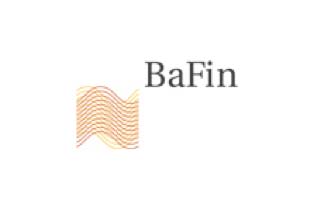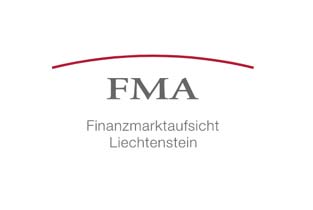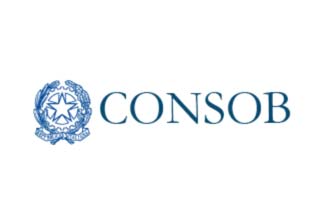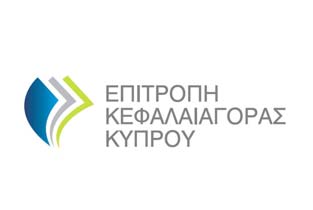










Federal Financial Supervisory Authority (BaFin)
Regulates Germany’s banking, securities, and insurance sectors.
Tags:Forex RegulationBasic Information
The Federal Financial Supervisory Authority (BaFin) is Germany’s integrated financial regulatory body responsible for overseeing banks, insurance companies, securities trading, and financial services providers. Established on 1 May 2002 through the merger of three federal agencies—the Federal Banking Supervisory Office, the Federal Insurance Supervisory Office, and the Federal Securities Supervisory Office—BaFin operates as an independent public-law institution under the oversight of the Federal Ministry of Finance. Headquartered in Bonn and Frankfurt am Main, BaFin supervises approximately 2,700 banks, 700 insurance undertakings, and 800 financial services institutions, ensuring the stability and integrity of Germany’s financial system.
Background and Historical Evolution
BaFin’s origins trace back to prudential banking supervision introduced after the 1931 German banking crisis. Modern institutional oversight began with the creation of the Bundesaufsichtsamt für das Kreditwesen (BAKred) in 1962. The 2002 merger under the Financial Services and Integration Act (FinDAG) unified fragmented supervision into a single authority, enhancing transparency and regulatory efficiency. BaFin has since evolved to address emerging challenges, including the 2008 financial crisis, where it imposed short-selling bans, and the 2020 Wirecard scandal, which prompted reforms to strengthen supervisory independence.
Legal Authority and Regulatory Framework
BaFin derives its authority from key legislative instruments:
- Banking Act (KWG): Governs licensing, capital adequacy, and risk management for credit institutions.
- Insurance Supervision Law (VAG): Ensures solvency and compliance for insurers and pension funds.
- Securities Trading Act (WpHG): Combats market abuse, enforces transparency, and oversees securities trading.
- Money Laundering Act (GwG): Mandates anti-money laundering (AML) and counter-terrorist financing (CFT) measures.
BaFin also enforces EU directives, including the Sixth Anti-Money Laundering Directive (6AMLD), and collaborates with international bodies like the Financial Action Task Force (FATF).
Key Responsibilities and Regulatory Scope
- Licensing and Supervision: Grants operational licenses to financial institutions and monitors compliance with capital, governance, and risk controls.
- Market Integrity: Detects insider trading, market manipulation, and enforces reporting obligations for directors’ dealings.
- Consumer Protection: Investigates complaints against supervised entities and issues public warnings about unauthorized firms.
- AML/CFT Enforcement: Requires customer due diligence (CDD), politically exposed person (PEP) screening, and transaction monitoring.
- Crisis Management: Imposes fines, appoints special commissioners, or revokes licenses for non-compliance.
Contact Information and Addresses
Headquarters:
- Graurheindorfer Str. 108, 53117 Bonn
- Marie-Curie-Str. 24-28, 60439 Frankfurt am Main
General Inquiries:
- Tel: +49 (0)228 4108-0 | Fax: +49 (0)228 4108-1550
- Consumer Helpline: 0800 2100 500 (Germany) / +49 (0)228 2997-0299 (international)
- De-Mail (secure communication): [email protected]
Online Services: Complaints and supervisory queries may be submitted via BaFin’s contact forms.
Verification of Supervised Entities
To confirm if a financial institution is regulated by BaFin:
- Access the Company Database on BaFin’s official website (https://www.bafin.de).
- Search by entity name, category (e.g., credit institutions, insurers), or use wildcards (*) for partial matches.
- Review search results for authorization status, activities, and regulatory history.
Note: BaFin’s database excludes non-EEA firms operating under passporting rules. Cross-check with the European Central Bank’s registry for comprehensive verification.






